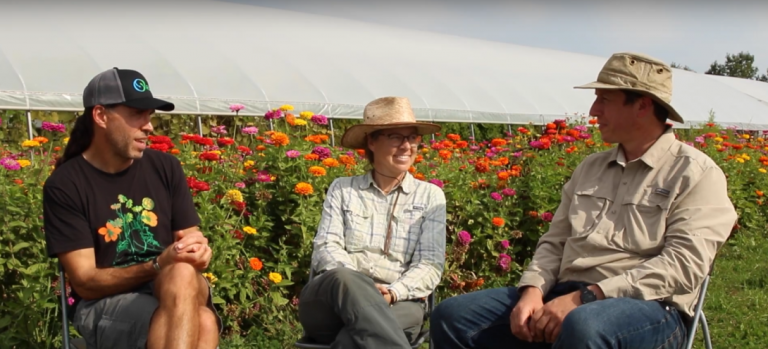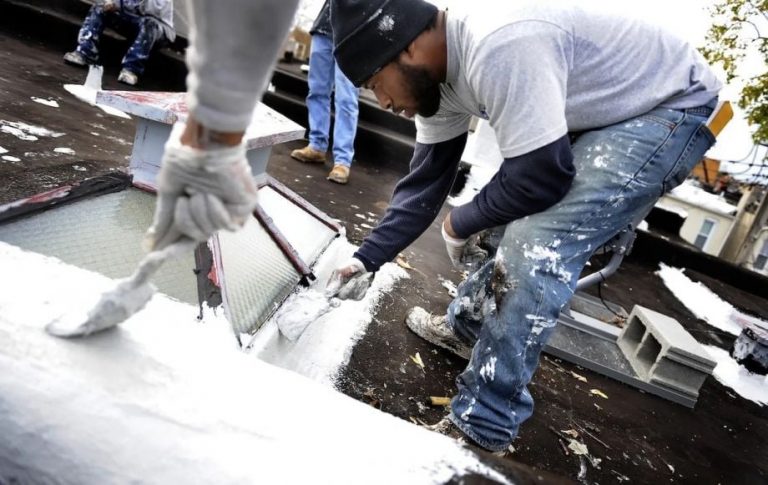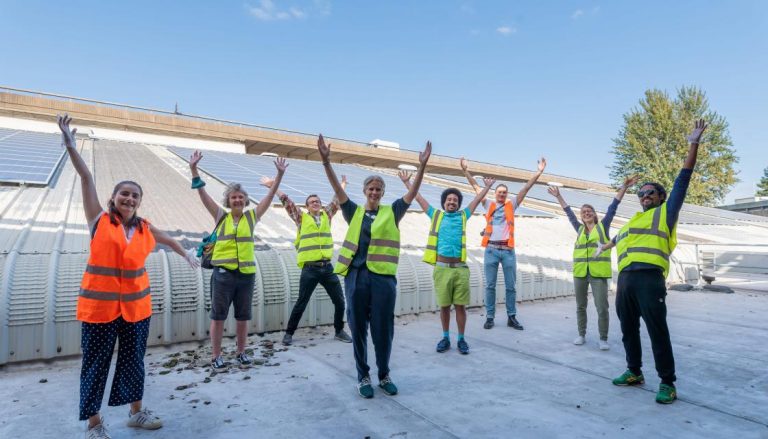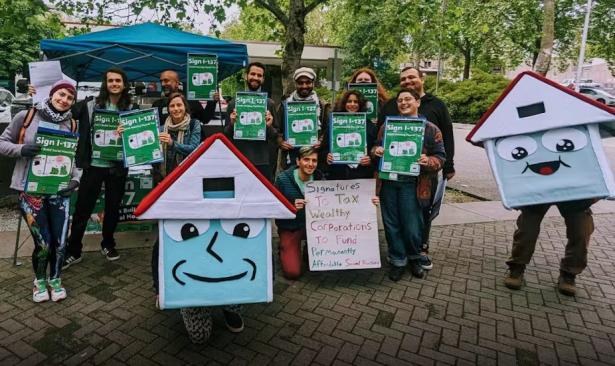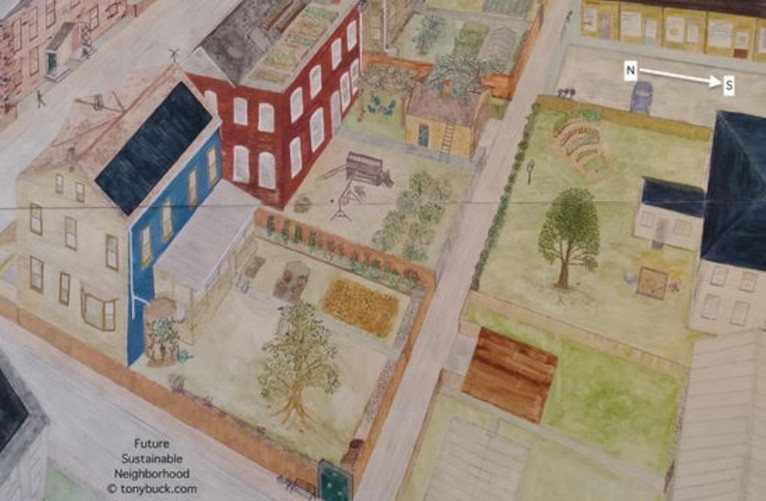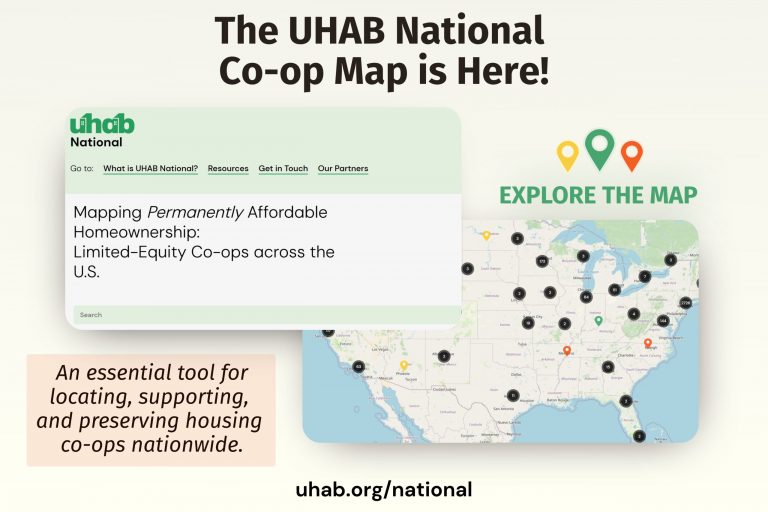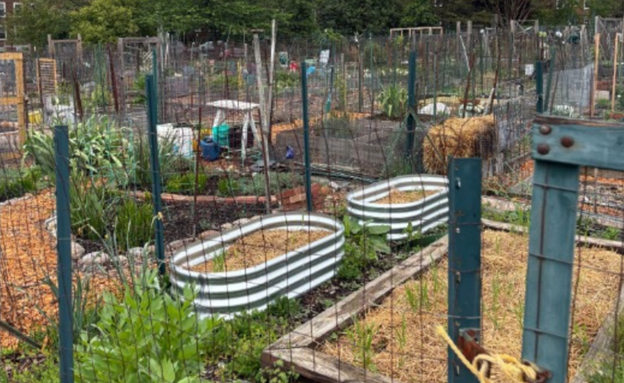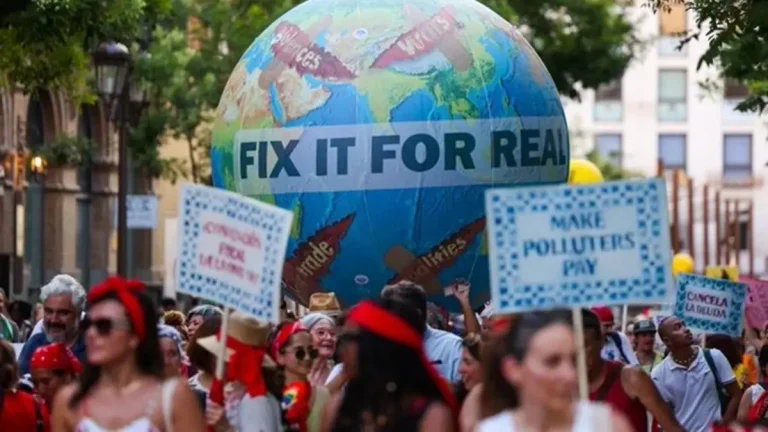Create!
![]() Along with direct action and other forms of resistance, a transformational movement must also have a constructive program that builds new institutions based on the values that the movement aspires to achieve. These may eventually replace the old systems. From small, worker-owned cooperatives to national advocacy groups, hundreds of thousands of people around the country are working to create democratic and sustainable systems that meet the basic needs of all people.
Along with direct action and other forms of resistance, a transformational movement must also have a constructive program that builds new institutions based on the values that the movement aspires to achieve. These may eventually replace the old systems. From small, worker-owned cooperatives to national advocacy groups, hundreds of thousands of people around the country are working to create democratic and sustainable systems that meet the basic needs of all people.
Big pharma loves to present itself as the driving force of medical breakthroughs – an industry tirelessly pushing the boundaries of science to deliver life-saving treatments. Yet, behind the grand narratives of “innovation”, the truth is far more calculated. Rather than committing to the expensive, high-risk process of true scientific discovery, pharmaceutical giants like Sanofi, Johnson & Johnson (J&J), Roche, Pfizer, Bristol-Myers Squibb (BMS), Merck, and AstraZeneca have refined a more strategic and profitable approach: let others take risks, then swoop in to take the rewards.
What It’s Like To Farm As A Cooperative
July 15, 2025
Growing for Market Magazine, Grassroots Economic Organizing.
Create!
Canada, Cooperatives, Farming, Food and Agriculture
“Oh, I remember when I was young and I wanted to start a farm co-op with my friends, too!” This was the common refrain my friends and I heard back in 2004 when we’d tell established farmers about the farm co-op we were starting. Our group met studying agriculture at McGill University’s MacDonald campus.
We had gone our own ways for a few years to work on and manage other farms. Now, we were to run our own farm. We decided to do this together as a worker co-op. A lot of what we were talking about excited established farmers, but then they followed up with, “But then I started a real farm on my own.”
No one directly told us not to start a co-op, but there didn’t seem to be a lot of faith that this was a real project.
Atlanta Embraces A Cheap, Effective Way To Beat Urban Heat
July 14, 2025
Matt Simon, Next City.
Create!
Atlanta, climate crisis, cool roofs, Georgia, Global heating, heat islands
Walk outside into 100-degree heat wearing a black shirt, and you’ll feel a whole lot hotter than if you were wearing white. Now think about your roof: If it’s also dark, it’s soaking up more of the sun’s energy and radiating that heat indoors. If it were a lighter color, it’d be like your home was wearing a giant white shirt all the time.
This is the idea behind the “cool roof.” Last month, Atlanta joined a growing number of American cities requiring that new roofs be more reflective. That significantly reduces temperatures not just in a building, but in the surrounding urban environment.
This Baltimore Food Incubator Is A Local Economic Engine
Walking up the stone steps to MFG Toffee & Bark Company a few days ahead of the shop’s grand opening in Baltimore’s Little Italy, chef Sylva Lin inhales the scent of sugar and espresso coming from the kitchen. She’s dropping by to see the fruit of her efforts incubating local food businesses out of Culinary Architecture, the project she launched a decade ago.
After a successful career in catering and professional kitchens, Lin’s entrepreneurial spirit was hungry to create a space that would benefit her neighborhood in Baltimore. She didn’t just want to offer interesting foods. She wanted to connect with neighbors, create good-paying jobs and draw foot traffic to support other businesses on the block.
A Localism Manifesto
July 10, 2025
Michael Shuman, The Main Street Journal.
Create!
Collective Wisdom, Local Economy, Localism, New Economy
Planet Earth is experiencing a five-alarm emergency, yet our political systems are paralyzed and incapable of responding. Unprecedented hurricanes, floods, droughts, fires, and other climate disasters are overwhelming us. Inequality is at a historic high, with 3,000 billionaires shaping our political systems and civil societies. Our once open and vibrant democracies are mutating into dictatorships. Our economies, which were remarkably stable after World War II, continually careen between uncontrolled inflation and unemployment. The list of seemingly insoluble national and global problems is growing.
Why We Need A Solidarity Economy Now
July 10, 2025
Rick Wilson, Waging Nonviolence.
Create!
Mutual Aid, New Economy, Social safety net, Solidarity Economy
As people across the United States face massive cuts to Medicaid, SNAP and other vital programs, many are asking: What happens when the systems we rely on fail us? And what happens when our communities are torn apart by toxic inequality, political fragmentation and declining social trust?
The solution may lie in something that humans have been doing throughout our existence: taking care of each other, often without realizing it. Today that’s what some of us call the “solidarity economy.”
I first heard the term in late 2008, and I wasn’t impressed. I believe the term I used might have been something like “boutique-y.”
New Social Housing Programs Seek To Make Homes Permanently Affordable
July 9, 2025
Susanne Schindler, Portside.
Create!
Affordable Housing, Privatization, Rent, Social Housing
Seattle astounded housing advocates around the country in February 2025, when roughly two-thirds of voters approved a ballot initiative proposing a new 5% payroll tax on salaries in excess of US$1 million.
The expected revenue – estimated to amount to $52 million dollars annually – would go toward funding a public development authority named Seattle Social Housing, which would then build and maintain permanently affordable homes.
The city has experienced record high rents and home prices over the past two decades, attributed in part to the high incomes and relatively low taxes paid by tech firms like Amazon. Prior attempts to make these companies do their part to keep the city affordable have had mixed results.
Future Sustainable Neighbourhood
July 8, 2025
Tony Buck, Resilience.
Create!
climate crisis, Food Security, Local Economy, Sustainability
Billionaires are building bunkers. What do they know that the “average” person doesn’t? Well, those who pay attention know that multiple Nature tipping points are being either breached, or reached! (The Metacrisis.) Add to that regional conflicts that could go worldwide, and us “average” people may also feel concerned about the near and far-off future.
So, I wrote this book, Future Sustainable Neighborhood, for those who can’t afford to buy islands and build bunkers (me included). Anyway, what’s the use of being a billionaire if there’s no food to buy in the market?
When one writes, immediate distillation occurs as we zoom in on what needs to be said.
Financing For Development Forum Plants The Seeds Of Debtor Unity
July 8, 2025
Michael Galant, Inter Press Service News Agency.
Create!
Debt, Development, Global South, United Nations
UN Member States adopted the ‘Compromiso de Sevilla’ at the Fourth Financing for Development Forum (FfD4) which concluded July 3– the culmination of months of contentious negotiations that pitted wealthy nations against the developing world in competing visions for reform of the global economic architecture.
The wide-ranging outcome document will be met with both fanfare — from the host countries and UN officials keen to portray the process as a success — and criticism — from civil society groups lamenting the watering down of material commitments into so many toothless words.
Denmark Takes First Step Toward Owning Your Own Information
Denmark has decided to take the first step toward protecting Danes’ personal information by giving them ownership rights to their own image and voice. The Danish culture minister told The Guardian: “In the bill we agree and are sending an unequivocal message that everybody has the right to their own body, their own voice and their own facial features, which is apparently not how the current law is protecting people against generative AI.” The purpose is to prevent “deep fakes” of an individual and to force such “deep fakes” to be taken down when an individual requests it. Under the law those violating it may have to pay compensation.
VIPS: Data Collection Can Be Effective And Legal
July 6, 2025
Veteran Intelligence Professionals for Sanity, Consortium News.
Create!
Constitution, Data, Intelligence, Surveillance
It is not necessary to make an end-run around the U.S. Constitution to thwart terrorism and other crimes.
Those claiming otherwise have been far from candid – especially since June 2013, when Edward Snowden revealed gross violations of the Fourth Amendment by NSA’s bulk electronic collection. U.S. citizens have been widely misled into believing that their Constitutional right to privacy had to yield to a superseding need to combat terrorism.
The choice was presented as an Either-Or conundrum. In what follows, we will show that this is a false choice. Rather, the “choice” can be a Both-And.
UHAB Launches National Map Of Limited-Equity Housing Cooperatives
July 6, 2025
Urban Homesteading Assistance Board.
Create!
Affordable Housing, Cooperatives, Housing, Mapping
UHAB is thrilled to announce the launch of the National Co-op Map, the most comprehensive online tool tracking limited-equity housing cooperatives across the United States. After years of research, development, and community input, this highly anticipated relaunch features a cleaner design and more detailed, up to date data. Housing organizers, residents, and advocates have consistently expressed the need for a centralized resource like this—one that reflects the true scale and reach of the cooperative housing movement.
This interactive, community-powered resource allows users to explore housing co-ops, submit updates, and access resources to support cooperative housing development, preservation, and organizing.
Amid Economic Uncertainty, A ‘Solidarity Economy’ Grows In DC
July 5, 2025
Emily Sohl, The Wash.
Create!
Community Garden, Mutual Aid, Solidarity Economy, Washington DC
As tariffs threaten to drive up prices on everything from bananas to backpacks, and fears of a recession loom, many Americans wonder how they’ll continue to afford necessities.
According to the Huffington Post, major retailers are already warning that shoppers will see emptier shelves and higher prices, especially for essentials like clothing and school supplies. ABC News also reported that items such as laptops, toys and coffee could see price hikes.
But amid this economic uncertainty, a different system is quietly taking root—one built not on profit but on cooperation.
Spain And Brazil Launch Initiative To Push Global Tax On The Ultra-Rich
On Tuesday, Spain and Brazil will launch a joint initiative to promote a global tax increase on the superrich, aiming to achieve a fairer redistribution of wealth.
The initiative, to be presented at the fourth U.N. International Conference on Financing for Development in Seville, seeks to encourage a multilateral debate on the effective taxation of large fortunes and how it impacts social cohesion.
The project aims to tackle the issue of extreme inequality and move toward a fairer redistribution of wealth “through a progressive and just tax system in which those who have more, pay more,” Spain’s Finance Ministry said.
Cecosesola And The Art Of Commoning Within Capitalist Markets
One of the most singular and accomplished commons I’ve ever encountered is Cecosesola, a federation of Venezuelan cooperatives. The remarkable federation artfully manages multiple ventures as commons while deeply immersed within a system of capitalist markets.
Founded in 1967 in the state of Lara in Venezuela, Cecosesola got its start when working-class people in poorest barrios of the region organized to set aside money every month to build their own cooperatives.
G
Nearly sixty years later, Cecosesola now coordinates a wide variety of enterprises. It works with farmers to supply 800 tons of vegetables to large urban produce markets serving 100,000 people a week.


